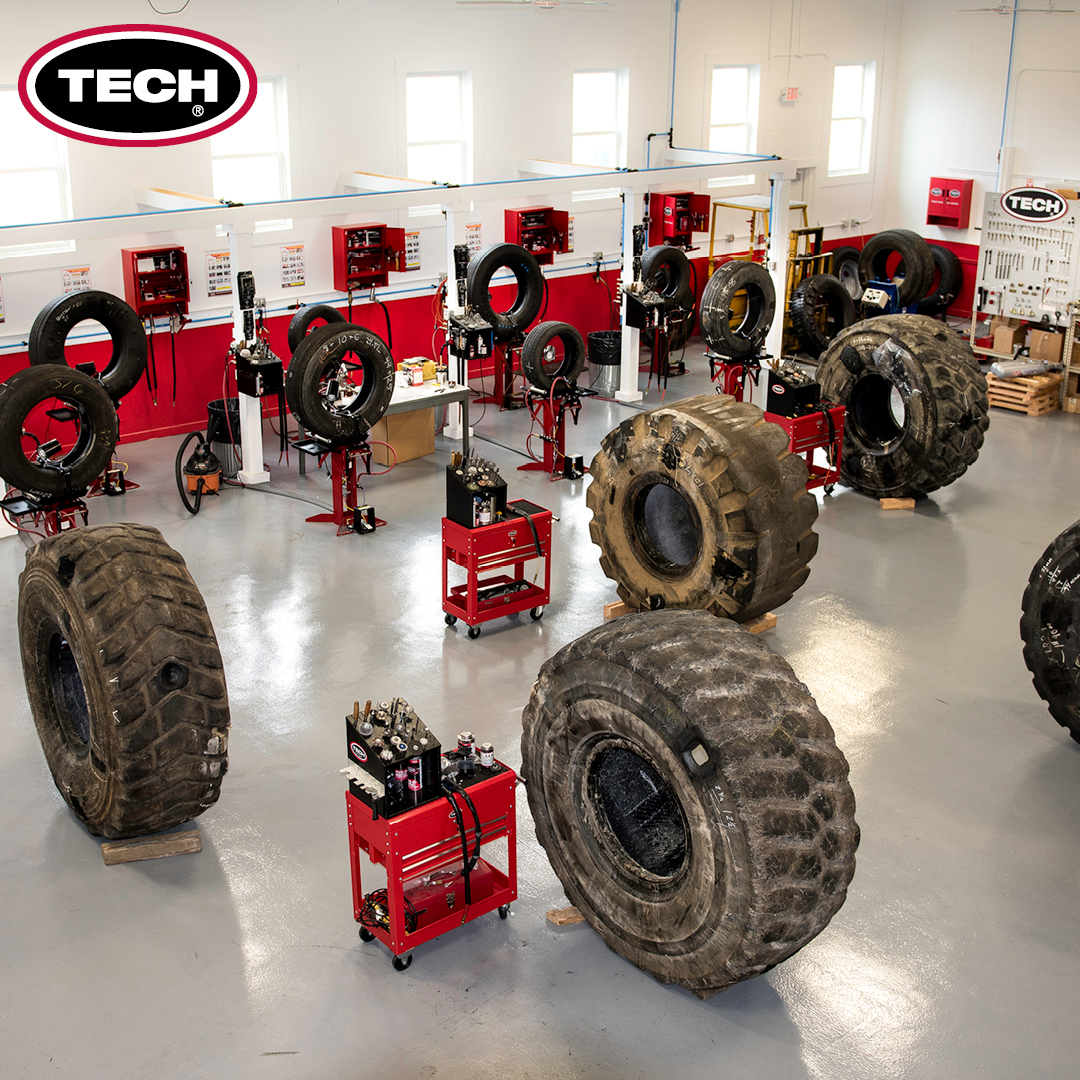The Ecological Advantages of Correct Tire Upkeep
Keeping appropriate tire treatment is often ignored, yet its effect on the atmosphere is profound. From reducing gas usage to decreasing emissions output, the advantages are far-reaching. Correct tire maintenance not just prolongs the lifespan of tires yet additionally reduces landfill waste and adds to enhanced air top quality. The interconnectedness of these advantages highlights the important duty that simple maintenance practices can play in promoting environmental sustainability.
Minimized Gas Consumption
Improving tire upkeep techniques can cause a considerable reduction in fuel intake for cars. tire shop near me. Correctly inflated tires make certain optimal call with the roadway surface area, decreasing moving resistance and boosting gas performance. According to the U.S. Division of Power, underinflated tires can decrease gas mileage by 0.2% for every 1 psi drop in stress in all four tires. This might appear like a small portion, yet when increased by the number of lorries when driving, the collective effect is significant.
In addition to tire pressure, routine tire rotations and placements also play a crucial duty in fuel performance. Erratically worn tires can increase gas usage as the engine works harder to preserve speed and grip. By maintaining appropriate positioning and revolving tires at advised periods, chauffeurs can make certain also wear and extend the life of their tires, ultimately conserving gas and decreasing their carbon impact.
Extended Tire Lifespan
Expanding the life expectancy of tires is an essential facet of effective vehicle maintenance techniques that can generate expense savings and ecological benefits over time. By properly maintaining tires, motorists can substantially prolong their usability, minimizing the regularity at which new tires need to be produced and old ones gotten rid of. This not only saves valuable resources but additionally decreases the power and emissions related to tire manufacturing and disposal processes.
Regularly inspecting tire stress, turning tires, and guaranteeing correct placement are necessary steps in expanding tire life-span. Sufficient walk depth is critical for ideal traction and security, but it additionally contributes in the length of time tires can be used prior to requiring substitute. Additionally, preventing aggressive driving behaviors that accelerate tire wear, such as severe braking and doglegs, can further enhance tire toughness.
Inevitably, raising the long life of tires with proactive upkeep not only profits the setting by lowering waste and conserving sources but also results in set you back financial savings for lorry proprietors by postponing the requirement for brand-new tire acquisitions.
Reduced Exhausts Output
Effective tire maintenance techniques add to a decrease in discharges outcome, aligning with ecological sustainability objectives in the vehicle sector. By keeping optimum tire pressure levels, vehicle drivers can assist reduce these negative ecological influences.
In addition, properly maintained tires also boost traction and reduce rolling resistance, additionally improving fuel efficiency. This, in turn, minimizes the quantity of exhaust gases released right into the environment. Furthermore, guaranteeing tires are correctly pumped up and lined up can expand the life expectancy of the tires, decreasing the frequency of tire replacements and the connected environmental expenses of tire production and disposal.
Decreased Landfill Waste
Offered the positive effect of correct tire maintenance on lowering exhausts outcome, one more significant environmental benefit is the capacity for lowered garbage dump waste. By making certain that tires are appropriately blown up, lined up, balanced, and revolved regularly, their life-span can be significantly expanded.

Improved Air Top Quality
Enhancing air quality with correct tire maintenance methods is a critical aspect of sustainable environmental stewardship. When tires are underinflated, they produce more moving resistance, causing increased gas usage and greater emissions of hazardous toxins such as carbon monoxide and nitrogen oxides. Appropriately inflated tires not only boost gas efficiency but also minimize the quantity of contaminants launched right into the air.
Additionally, well-kept tires with correct tread depth and positioning contribute to safer driving problems, lowering the likelihood of crashes that can lead to the launch of extra contaminants right into the atmosphere. By prolonging the life expectancy of tires via regular upkeep and turning, fewer tires are discarded prematurely, decreasing the environmental influence of tire disposal and manufacturing procedures.
Verdict
In verdict, proper tire maintenance uses countless environmental advantages. It is vital for people to focus on tire upkeep as a simple yet reliable means to secure the atmosphere for future generations.
Correct tire maintenance not just expands the life-span of tires yet likewise reduces garbage dump waste and adds to improved air top quality - morris tire service. By maintaining correct alignment and rotating tires at recommended intervals, chauffeurs can make sure also wear and lengthen the life of their tires, ultimately saving fuel and minimizing their carbon footprint
By effectively maintaining tires, motorists can substantially prolong their use, lowering the regularity at which brand-new tires need to be produced and old ones disposed of.Routinely inspecting tire pressure, revolving tires, and making sure correct alignment are important hop over to here steps in extending tire life-span. Additionally, making sure tires are effectively inflated and lined up can extend the life-span of the tires, minimizing the regularity of tire replacements and Read Full Article the connected environmental expenses of tire production and disposal.